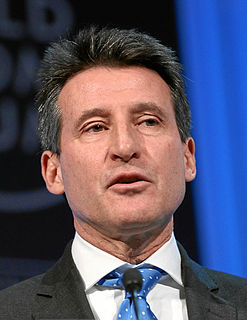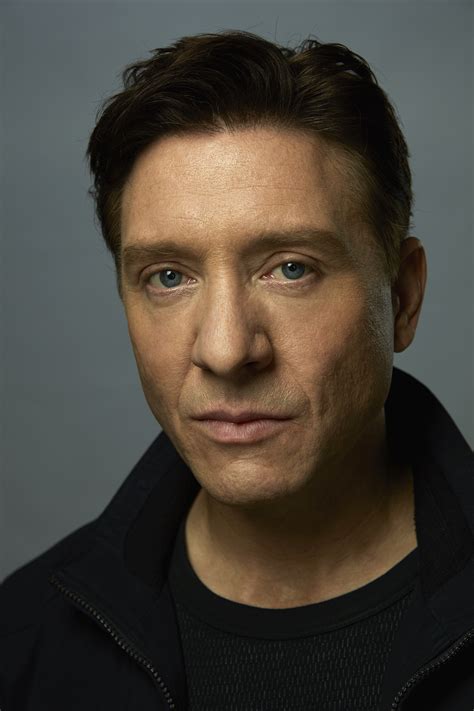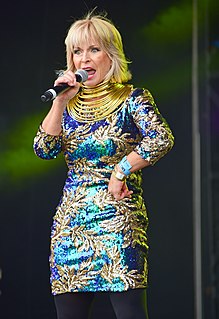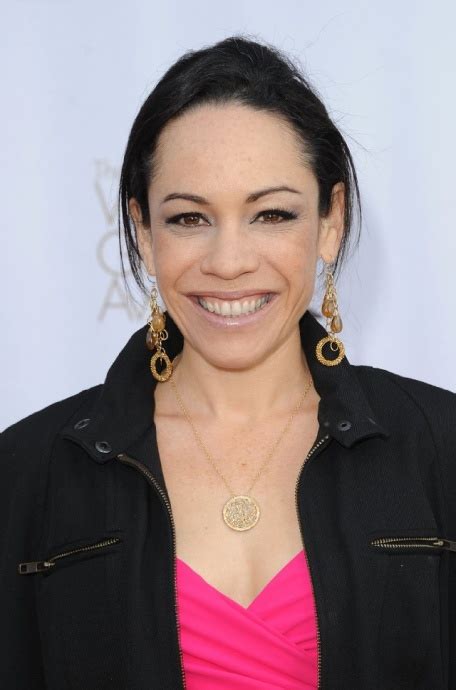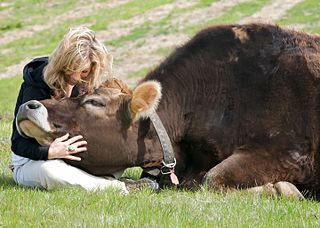A Quote by Sebastian Coe
The characteristic shared by people at the top of their profession is that, to get better, they crave criticism. Most people don't like criticism, but if you are trying to shave two tenths of a second at 800 metres, that is what you crave.
Related Quotes
I don't have a very high opinion, actually, of the world of criticism - or the practice of criticism. I think I admire art criticism, criticism of painting and sculpture, far more than I do that of say films and books, literary or film criticism. But I don't much like the practice. I think there are an awful lot of bad people in it.
I'm always very careful to make the distinction between music criticism and music journalism. A lot of people don't. But criticism doesn't require reporting. You can write criticism at home in your underwear. On the other hand, journalism takes legwork - you have to get out there and see things and talk to people.
That was one of the big problems in the [Black Panther] Party. Criticism and self-criticism were not encouraged, and the little that was given often wasn’t taken seriously. Constructive criticism and self-criticism are extremely important for any revolutionary organization. Without them, people tend to drown in their mistakes, not learn from them.
I appreciate good criticism and I think it's really important. I don't like it when it's consumer advocacy, like how you should spend your $60. Great criticism is a kind of literature. I've written some criticism, and I really enjoy it because I think it's important for people to know that theatre is vital. Criticism is really unevenly distributed in this town. Obviously the power of the Times is discouraging. It's killing new plays, demolishing one after another.
I hate orthodox criticism. I don't mean great criticism, like that of Matthew Arnold and others, but the usual small niggling, fussy-mussy criticism, which thinks it can improve people by telling them where they are wrong, and results only in putting them in straitjackets of hesitancy and self-consciousness, and weazening all vision and bravery.
